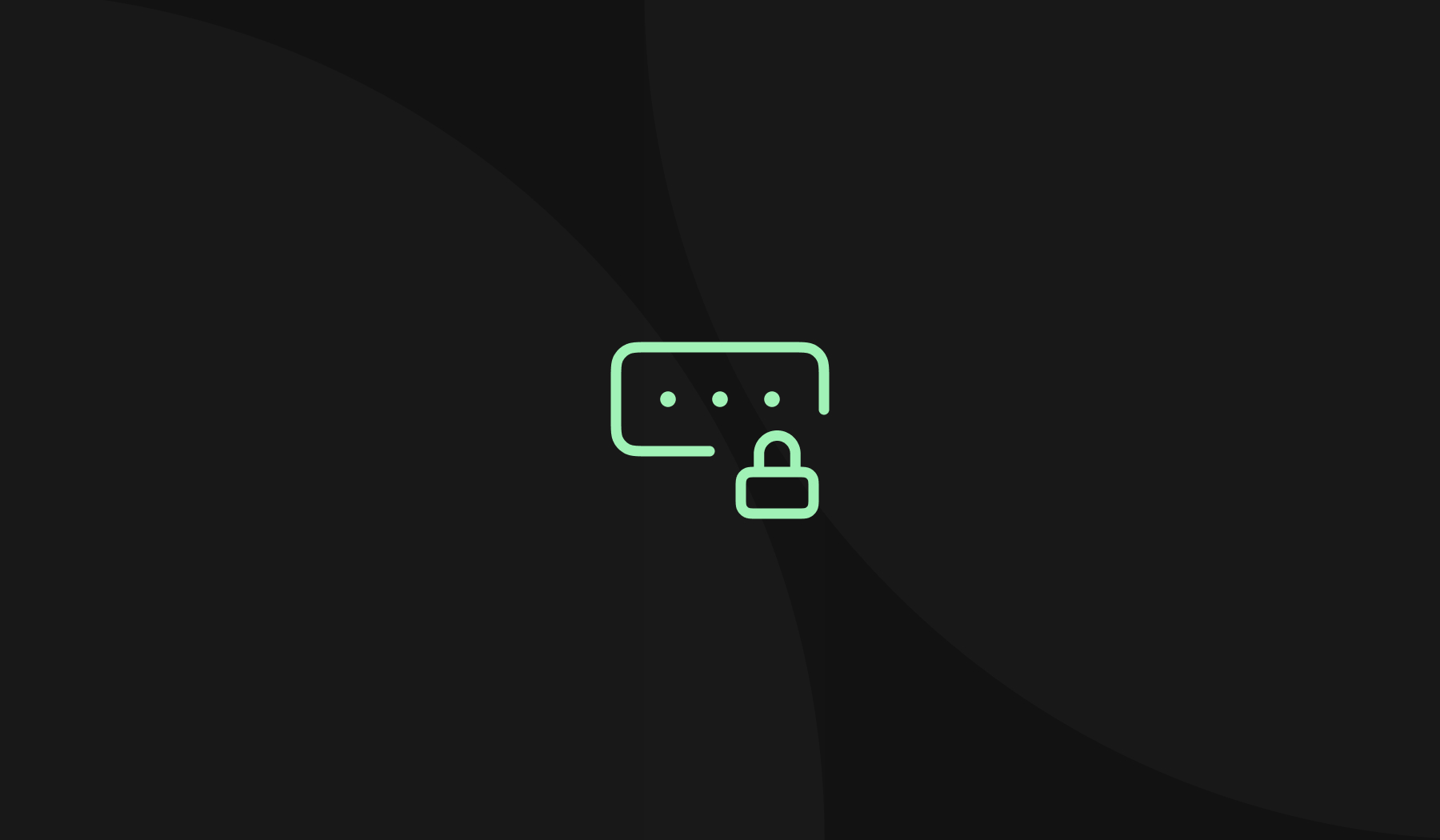With the AI industry's explosive momentum and innovative range of services in recent years, today’s speed of business is faster than ever before. Companies can quickly produce more content, streamline workflows that once lasted days or weeks, and scale campaigns beyond once-limited resources.
However, AI isn’t foolproof. From inaccurate information to copyright violations and data privacy breaches, it’s no wonder legal and compliance teams have been more hesitant to adopt AI-based tools.
Not all AI platforms–especially AI Voice platforms–are created equal, and if you’re using one that cuts corners or lacks transparency, you could be putting yourself and your company at legal risk. Trust, safety, and regulation matter, and it’s important to know what to look for in your AI Voice tools to protect your brand.
What Legal Risks Come with AI Voice?
AI Voice tools synthesize human-like speech from text, also known as Text-to-Speech (TTS) tools. But how that speech is generated and what happens to the information you feed it can have significant legal implications.
Copyright Infringement
Some AI voice tools are trained on voice data scraped from the internet or sampled without clear permission from the original voice actor or source. Using outputs from these tools could mean you're unknowingly distributing or monetizing copyrighted material, opening the door to lawsuits.
Vocal Likeness Rights Violations
Human voice actors own the rights to their vocal likenesses. If an AI tool creates a synthetic voice that resembles a real person without consent or licensing, it may violate voice likeness rights, even if the original recording was public. Legal disputes in this area, such as the ones currently happening with a popular video game, are already emerging.
Data Privacy Issues
If your AI Voice tool captures or stores sensitive input data such as healthcare instructions, customer names, internal company details, you could be at risk of violating data privacy laws like GDPR or HIPAA, especially if you’re unaware of how and where that data is being processed and stored.
Non-Compliance with Accessibility Standards
Using AI Voice tools to create content doesn’t automatically guarantee compliance with accessibility standards. If you’re distributing training or customer materials, you must ensure your voice content is clear, accurate, and meets proper industry guidelines.
Signs Your AI Voice Tool Might Be Risky
Not all tools make their practices obvious. Here are a few warning signs that your AI voice provider may be cutting corners:
- Vague or missing licensing documentation: One major flag to keep an eye out for is if it’s unclear whether the voices in your tool are licensed or how the models are trained. Lack of transparency often points to unlicensed voice data.
- No data retention policy: If it’s undisclosed how long the tool retains your scripts or how that data is used, you could be exposing your company’s proprietary or sensitive information.
- No certifications: Tools without industry-standard security certifications, such as SOC2 or other ISO certifications, may not be equipped to protect your data or withstand a compliance audit.
- Offshore hosting with unclear jurisdiction: Your organization might unknowingly violate international compliance laws if data is processed in regions without strong privacy protections.
- Overly broad terms of service: If the tool’s terms allow them to reuse, repurpose, or redistribute your content or data, you might be handing over more than you intended. It’s essential to read the fine print.
Spotting Safe, Compliant AI Voice Tools
The upside? There are safe AI Voice platforms that put compliance and data privacy first. Here’s how to identify a trustworthy platform:
Transparent Voice Licensing
Look for a provider that clearly states how its voices are sourced and licensed. Leading platforms like WellSaid work directly with voice actors, ensuring their voices are used ethically and with full consent. Ask your representative if the tool uses exclusive contracts with voice talent and whether commercial use is covered under your license.
Clear Data Privacy Policies
Your provider should have detailed documentation on handling user data, including encryption, storage duration, and processing locations. If relevant to your industry, look for compliance with GDPR and HIPAA.
Security Certifications
Industry-recognized certifications like SOC 2 Types I and II, and ISO 27001 signal that the platform has undergone rigorous audits and has strong security practices.
Enterprise-Grade Features
User permissions, audit trails, and API-level data control are good indicators that the tool is designed with enterprise compliance in mind.
Closed Data Source
The best AI voice companies will never use your data to train their AI models; they train their models on closed or proprietary data sources.
How to Choose a Safer AI Voice Partner
WellSaid is built for teams that can’t afford compliance risks. Our models are trained only on licensed, closed datasets — never scraped from the web or sourced without consent. All voice content is created in collaboration with compensated voice actors under exclusive commercial agreements. We never use customer data to train our models, and your input stays your own. With SOC 2 Type I and II certification, encrypted U.S.-based processing, and robust enterprise features like role-based access and SSO, we make it easy to meet both internal and regulatory standards. Whether you’re producing healthcare instructions, customer support voiceovers, or internal training, WellSaid offers the control and clarity compliance teams expect, without slowing creative teams down.
Don’t Let Convenience Cost You
AI Voice platforms are powerful tools that can streamline workflows and elevate content production, but only if they are built around processes prioritizing data safety and compliance. Ensuring the tools you employ are built on solid legal and ethical foundations isn’t just a best practice; it’s essential protection for both you and your company.
By asking the right questions and choosing partners who prioritize their customers, such as WellSaid, you can enjoy the benefits of AI Voice without compromising your brand, your users, or your bottom line.
Want to experience WellSaid for yourself? Start your free trial now.





